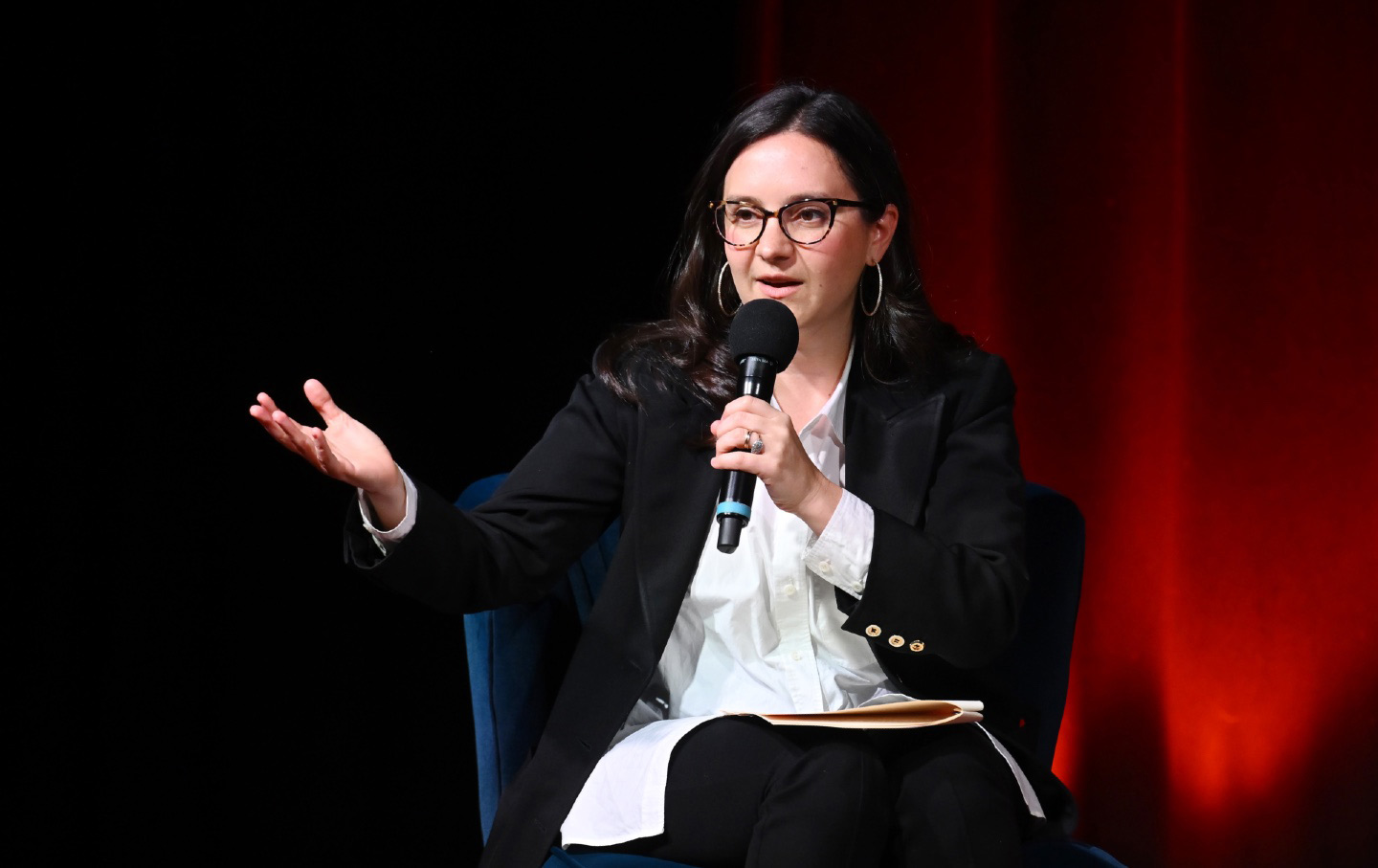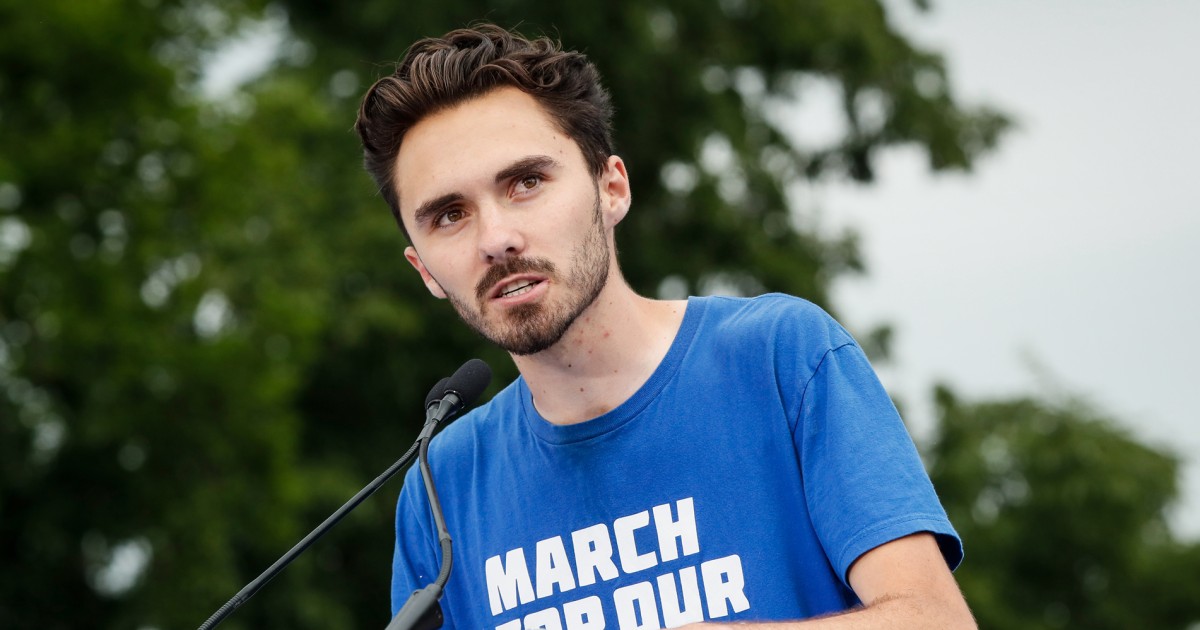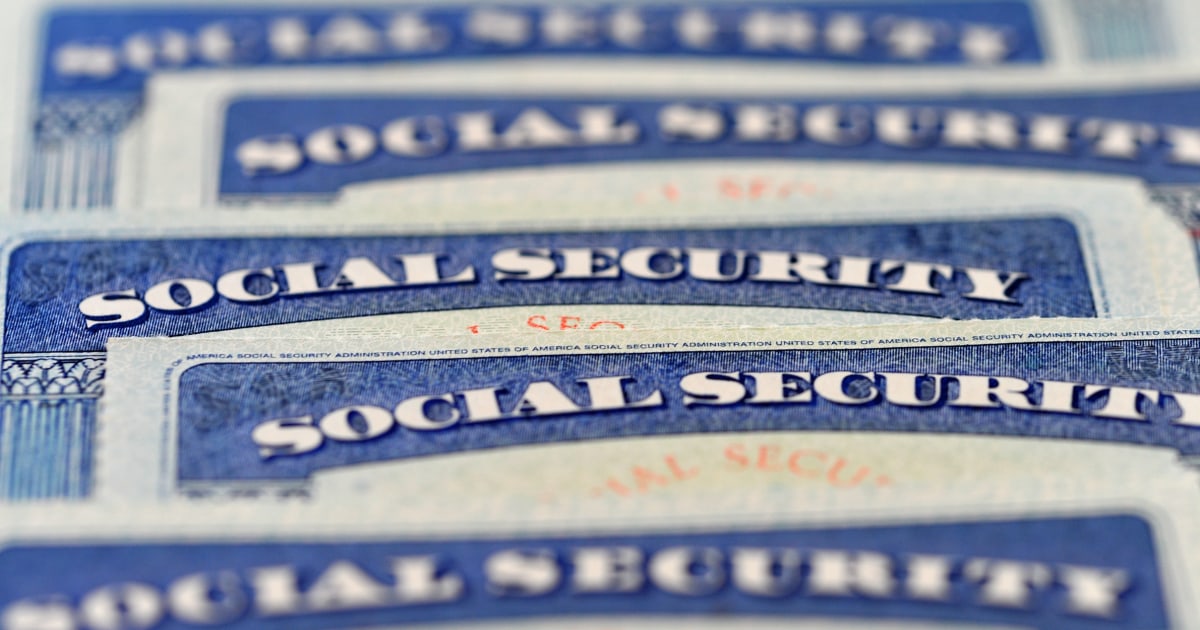

These news stories are treating this like a real legal issue, but Trump’s EOs have as much jurisdiction on voting procedures as they have in deciding what I’m going to have for dinner. It doesn’t need a legal challenge because it doesn’t apply to anyone actually who decides what IDs are required.
It should be reported, but as authoritarian ravings completely inconsistent with our voting systems rather than a looming legal clash where we need the Supreme Court to decide what’s right.












Not really. If Trump issues an executive order and an executive employee says “I won’t do that”, they can be fired whether or not the EO is ultimately determined to be legal. If a non-executive employee starts demanding birth certificates in order to vote, you can call the police and another less insane poll worker can give you your ballot without any personal risk, just the same as without an EO.